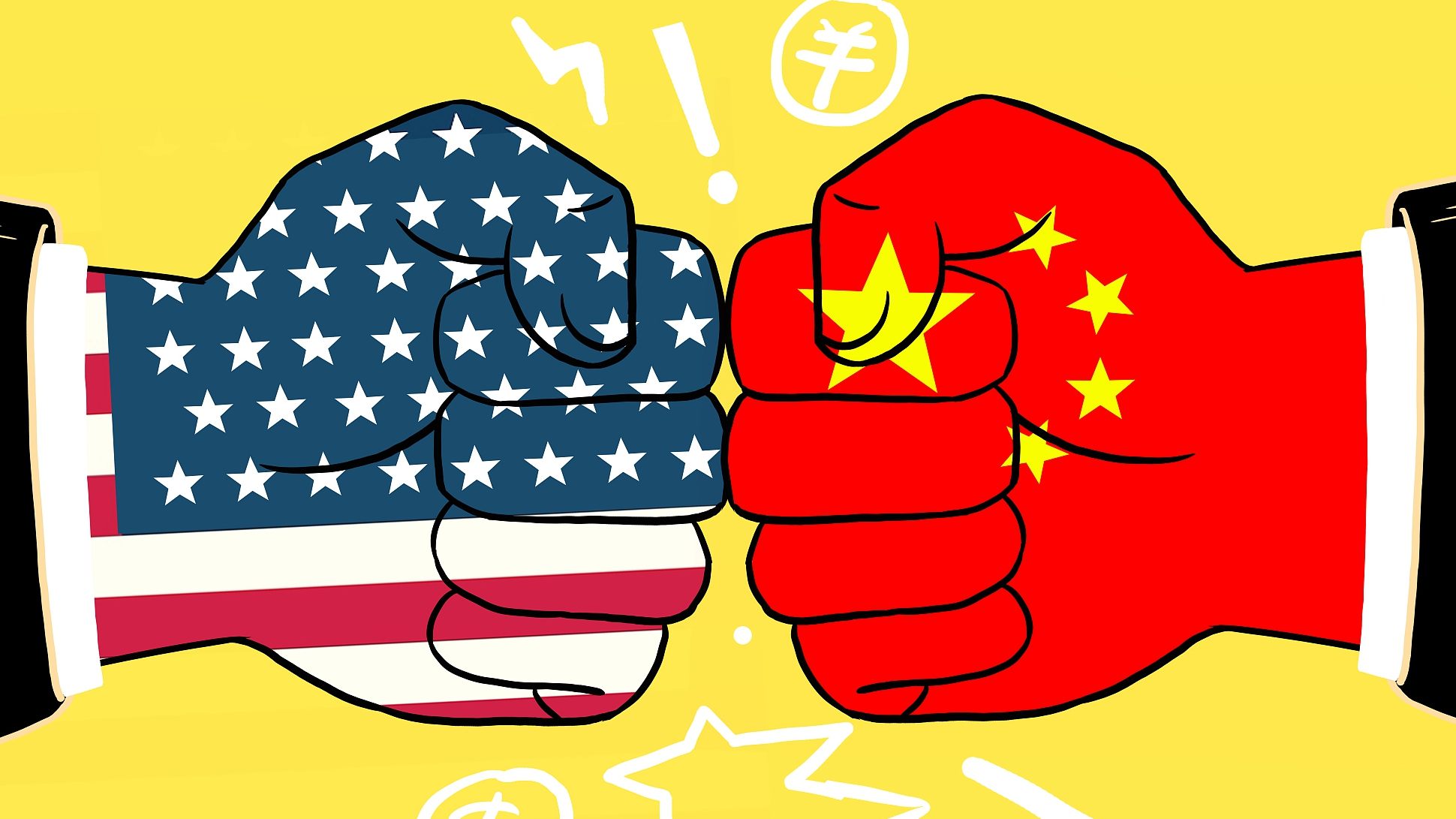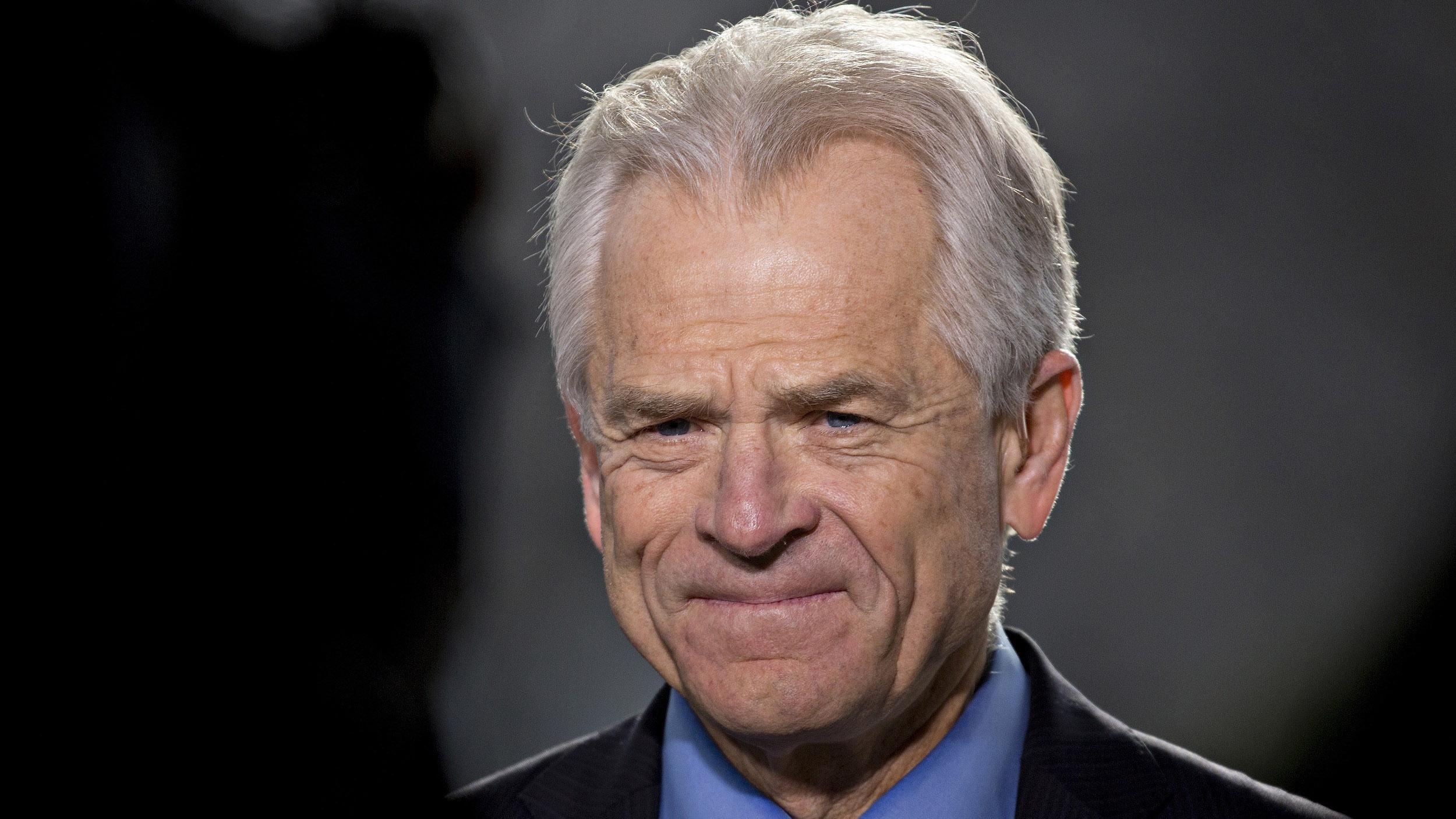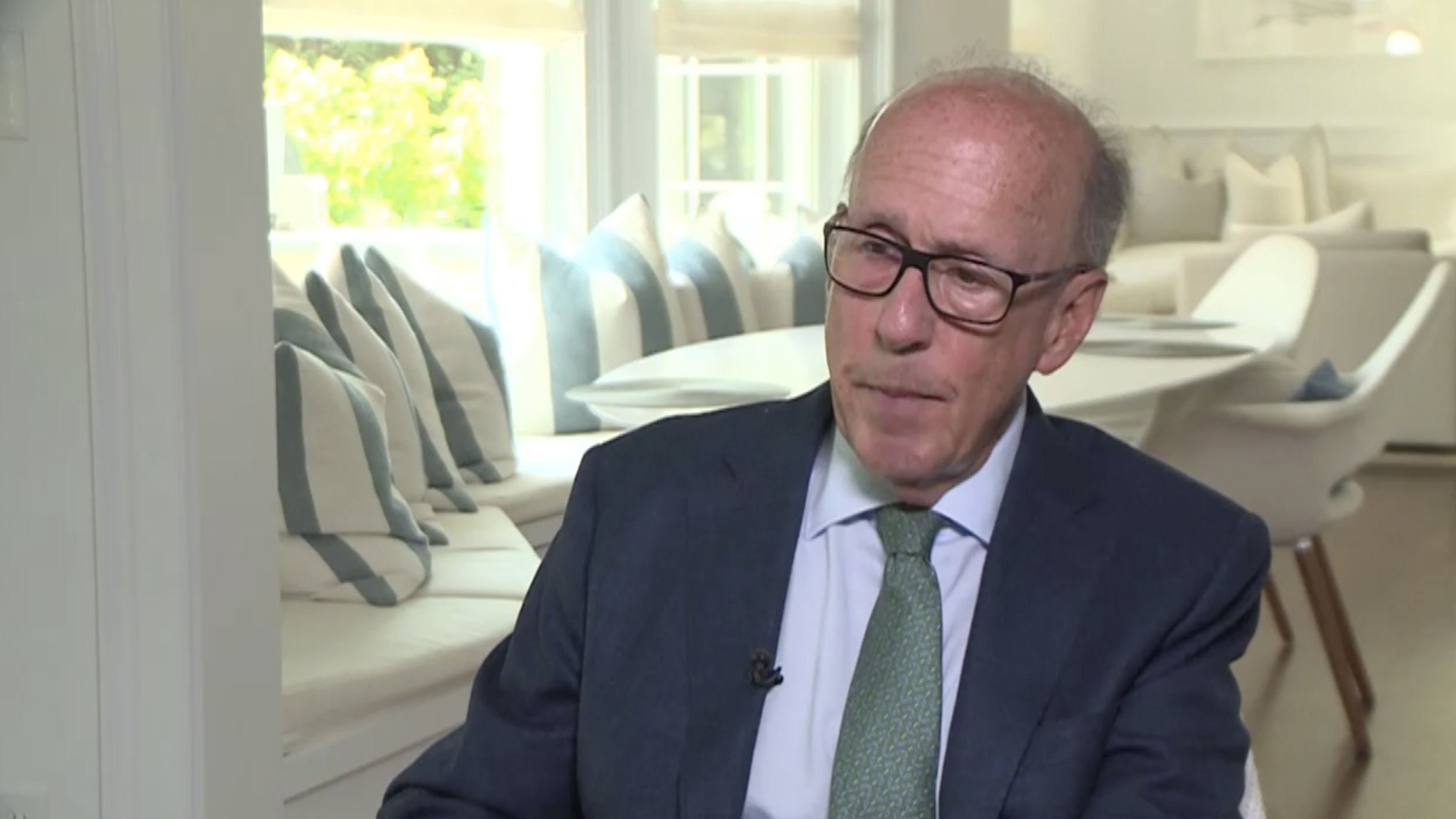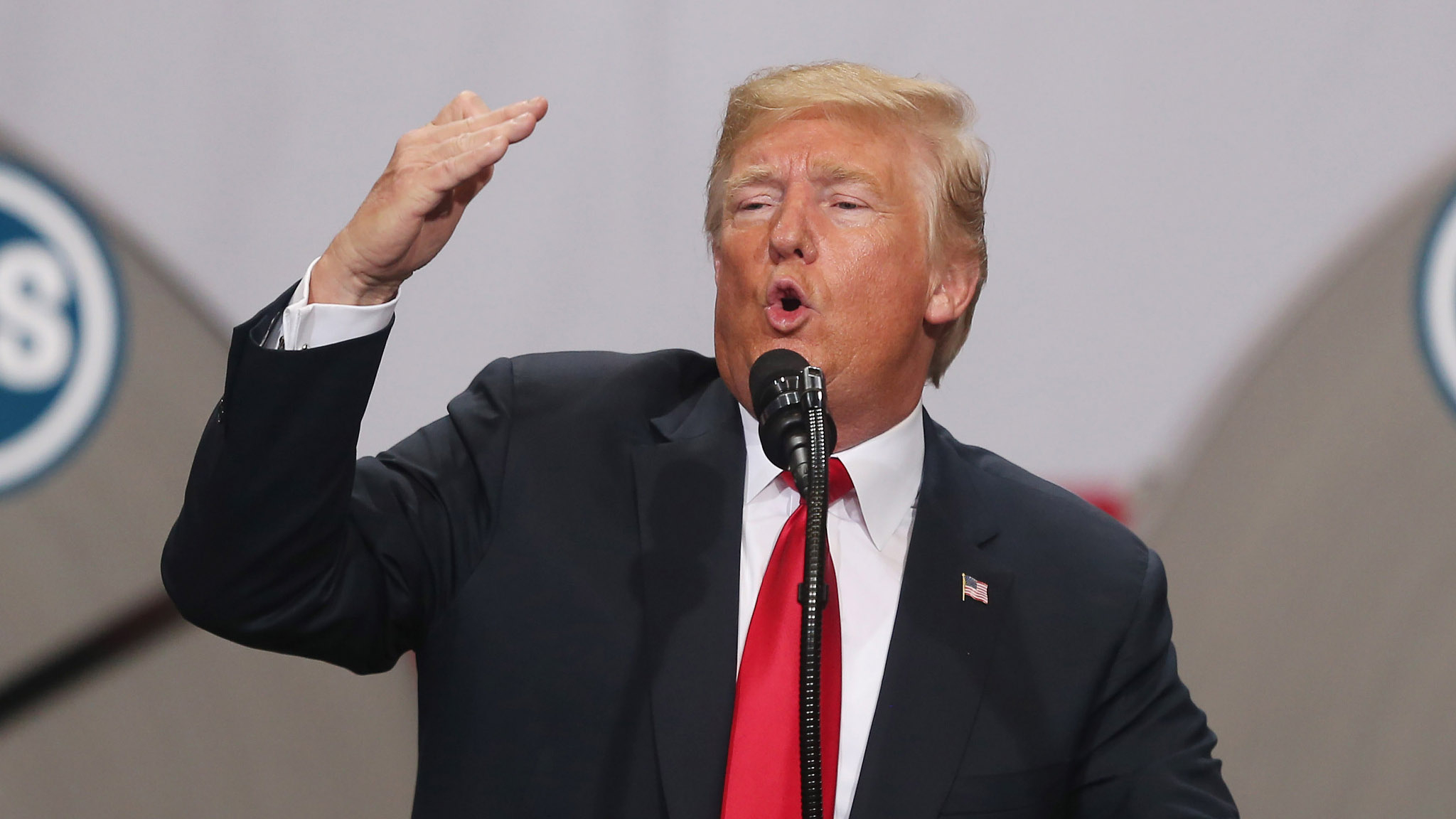
Opinions
23:12, 03-Aug-2018
Navarro debunked: US’ new isolationistic view of globalization holds no water
Updated
23:05, 06-Aug-2018
CGTN's Closer to China

Editor’s note: The article is based on an interview with Dr. Stephen Roach, a senior lecturer at the Jackson Institute of Yale School of Management.
Peter Navarro, a Harvard-trained economist, is a long-term China hawk. Since he entered the White House to lead a newly formed national trade council, he quickly became Donald Trump's favorite economic adviser. The two actually hold similar views on international trade issues.
He has pushed the president to pursue aggressive trade policies, including tariffs and investment restrictions, often regardless of the objection of other advisers like Treasury Secretary Steven Mnuchin. Navarro's stances have pushed fellow economists to question his grasp of the curriculum.
This protectionist view emanates from the long-entrenched abhorrence of the likes of Trump and Navarro for globalization, which, in fact has exactly been the source behind the US' growth, albeit at a slow pace, since the global financial crisis. Yet a jealous eye from the US is quite unaccustomed to China’s growth. And globalization is just an easy target.
Dr. Stephen Roach is a senior lecturer at the Jackson Institute of Yale School of Management. He holds that both nations have benefited a lot from globalization. China certainly has benefited from linking through to global trade and WTO to markets in the developed world, like the United States, which provides a major source of support for the external demand that underpinned the world's greatest export machine, now in China.
But the US has greatly benefited from importing low cost goods made in China, which is critical to stocking the shelves of Walmart and making ends meet for income constrained American middle-class workers. The US, with its massive budget deficits, has relied on China as the major foreign buyer of US treasuries to help the US fund these budget deficits. And the US has become an important source for Chinese exporters.
01:25

As for the view that China is surpassing the US to be the big brother of the world, he instantly dismissed such an argument. China is not about taking over the US. China's focused on innovation and technological change for its own purposes. And those are largely directed at making a critical transition from a history of importing foreign technology to developing its own homegrown or the technical word “indigenous innovation” to stay the course of economic growth and development.
China is at a level of per capita income, roughly about 18,000 US dollars a year, this year, according to the IMF and international organizations, usually proves challenging for most developing economies to move beyond. Most developing economies struggle at this level, and they fall back into what researchers call "the middle-income trap," because they don't make the transition from imported to homegrown or indigenous innovation.
China is pushing ahead in terms of technological advancement and innovation to get through this middle-income threshold. And they're doing it for their purposes, not to take over America. And China certainly didn’t make this progress by coercing or strongly arming the US or its enterprises with the so-called harsh national regulations.
01:05

No one's forcing US companies to go into a joint venture arrangement if they want to do business in China. If they're uncomfortable with the requirements of the JV, whether it has to do with sharing technology or people or capital as a stipulation for doing business in China, if they don't like it, don't do it.
The US needs to be very careful before condemning the practice, and then paint the JV and its allegations of forced technology transfer with one brush. There are many, many companies who are not forced to turn over anything. There's some that are required to register their proprietary processes and technologies with the government as a good quid pro quo for having access to the Chinese market. And if those charges are unfair, then they need to be examined very carefully.
“And certainly, there are avenues of appeal for these unfair practices of forcing technology. They can be adjudicated both within China and within the United States,” Roach said.
01:29


SITEMAP
Copyright © 2018 CGTN. Beijing ICP prepared NO.16065310-3
Copyright © 2018 CGTN. Beijing ICP prepared NO.16065310-3